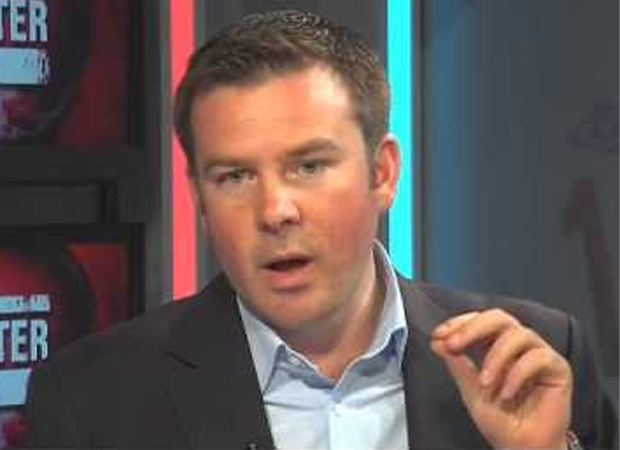
ALAN ALGER, NLP columnist and former betting industry employee, gives his take on the match-fixing scandal that has rocked football.
The current problem seems to concern criminals manipulating players (most likely goalkeepers and defenders) for profit in the Asian markets.
One of the biggest myths that crops up next to match-fixing headlines is the claim of extra ‘spot’ markets. If you are thinking that people are making even hundreds of pounds from corners and yellow cards then please delete this notion.
Only three markets exist in Asia. A normal match result market, a total goals market and then, the most popular one of all – the Asian handicap.
The Asian handicap does exactly as it says – it handicaps the better team to produce a market close to a ‘toss of a coin’ 50/50 price. For instance if Arsenal were at home to Newcastle then it’s plausible that Newcastle would get a 1.5 goal start in Asia.
You’d then be able to back Arsenal -1.5 at about 10/11 or Newcastle +1.5 at 10/11. The draw is not needed, because of the handicap.
The key to winning these bets is often the margin of victory (to overcome the handicap). That’s why losing by a set number of goals is likely to be the chief request to the players.
Taking an early yellow card as a signal – as per the Telegraph expose this week is a falsehood. Instructions given before the game are the only ones in which enough of a sum could be wagered to produce not only a profit on the bet, but, more importantly, enough to pay off the players who have fixed the game.
Remember the whole market in Asia is worth more than the worldwide turnover of Nike and Adidas combined.
Should there be a ban on betting altogether – of course not. Regulated companies in this country have been at the forefront of uncovering fixes in the past. It’s the unregulated markets where the criminals are gaining their edge.




















